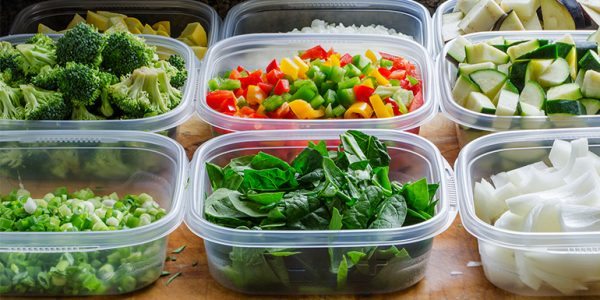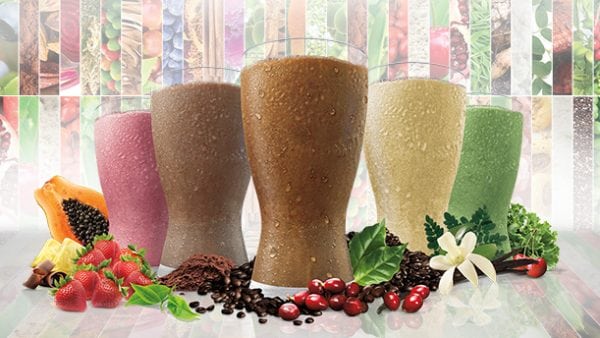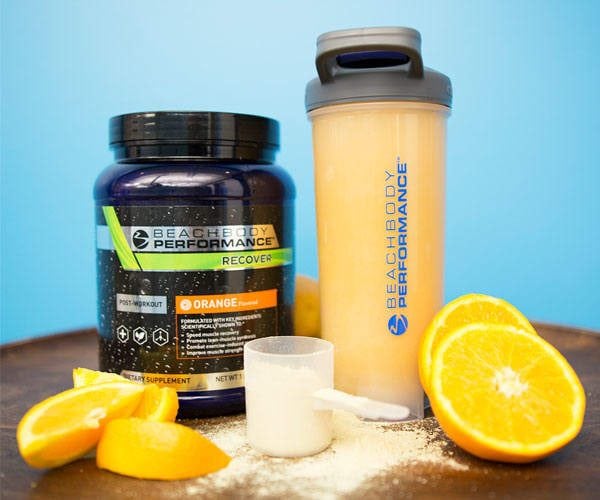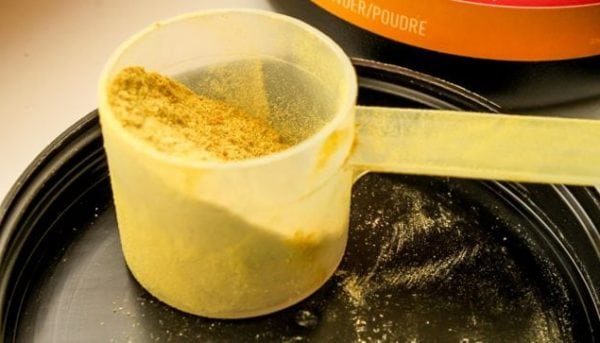When you’re trying to eat healthier, meal prep can make it easier to stick to your plan — just cook a big batch of nutritious food at the beginning of the week, and you’ll always have a healthy meal ready when you get hungry.
I talk a lot about nutrition and meal prep in my Focus on Fitness Support and accountability group. I also focus on this in many of my 5 or 7 day challenges. Meal prep and nutrition are the keys to so much like energy, weight loss, building muscle, and an overall healthy life! (Go HERE if you want to be in one of my Free Challenges )
But eating the same few foods, day after day, can get old pretty quickly. And once you feel like you’re stuck in a salmon-and-steamed-broccoli rut, you may lose interest in meal prep altogether. “If you get bored with what you’re eating, sooner or later you’ll give up,” says Benjamin L. White, PhD, MPH, RD, LDN, a registered dietitian at the weight-loss center Structure House. Here’s how you can keep meal-prep burnout from getting in the way of your healthy eating plan.
10 Tips to Meal Prep Without Getting Bored
1. Think streamlined, not boring.
Okay, this might sound like a “potato, po-tah-to” thing — but while eating the same thing every day may sound dull, the upside is that it can keep you from having to rely on willpower every time you open the fridge. (Social psychologist Roy Baumeister believes willpower is a limited resource and you can suffer “decision fatigue” when you make too many decisions in a day — this is why Mark Zuckerberg wears the same grey tee every day and Warren Buffet eats the same breakfast every morning.)
“Very few people want to spend a lot of time thinking about — or preparing — every meal, every day,” Dr. White says. “Having some simple, quick building blocks for meals can really help.” And just because you cook a pound of chickpeas on Monday, for example, it doesn’t mean you have to eat plain chickpeas every day — you can make chickpea curry on Tuesday, chickpea burgers on Wednesday, homemade hummus on Thursday, and roasted chickpeas on Friday.
2. Add color to your meal prep.

Photo by @meowmeix
Picture a plain chicken breast on a bed of brown rice. Drooling yet? No? We don’t want to hate on beige — plenty of important staples come in blah colors — but let’s be honest, bright colors just make a meal more enticing. (You’ve probably heard the saying “eat the rainbow.”) When you’re grocery shopping, add more color to your meal prep with brightly-colored produce like red berries, yellow peppers, dark leafy greens, and purple onions. Even carbs can be colorful — try sweet potatoes, yellow corn, or purple yams instead of the usual grains.
3. Stop overcooking your food. (This is a big one for me!)
If culinary skills aren’t exactly your strong point, it can be hard to get excited about a week’s worth of overcooked meat or mushy veggies. (Not surprisingly, research shows a lack of cooking skills can be a major barrier to healthy eating.) But you don’t need to be a sous chef to prepare meals you actually want to eat — with a little practice, anyone can master the basics. Here are a few links that can help level up your cooking skills:
- Avoid the most common cooking mistakes.
- Brush up on basic cooking terms so you won’t feel intimidated by new recipes.
- Learn to bake a chicken breast the right way — no more dry, chewy meat.
4. Use your freezer wisely.
After you batch-prep, stash one or two servings in the freezer — you can rotate them into your meal plan whenever you feel like you’ve hit a rut. So if you make a veggie lasagna or slow-cooker chili on Meal Prep Monday, set a portion or two aside now and you’ll have a backup meal when you need it. “It’s also helpful to keep a few frozen meal starters around for quick cooking,” Dr. White says. “Two good examples are frozen cubes of pesto or tomato sauce — combine one of these with fresh whole-grain pasta and salad greens, and you have a healthy meal.”
5. Try a new recipe every week.
Obviously you’re going to have a few standbys you rely on every week — hello, Taco Tuesday! — but try to incorporate one new recipe each week to keep from getting burnt out on your go-to foods. Switch up your daily smoothie, try a new one-pot meal, or make over a favorite meal with a new flavor — like swapping out your Southwestern black bean salad for a tangy white bean salad (or vice versa).
6. Switch up your fruits and veggies.
Research suggests eating a variety of veggies may help you squeeze more veggies into your diet than simply sticking to your tried-and-true faves. In one study, participants were given half a plate of veggies — either a blend of veggies, or just their favorite. The group who got the variety consumed more veggies overall than the group who got their veggie of choice. Try adding a veggie you don’t usually eat to your grocery list this week — or change the way you use your favorite fruits and veggies, like adding strawberries to a spinach salad or blending kale into your breakfast smoothie.
7. Try a new protein.
When you think of lean protein, chicken and fish may be the first foods that come to mind, but there are plenty of other healthy protein sources. If you need a change, skip the meat aisle this week and get your protein from eggs, quinoa, tofu, beans, cottage cheese, or yogurt.
8. Spice up your staples.
There’s no reason to eat bland meals when you can usually add flavor without making a dent in your diet. “Almost all spices, peppers, and herbs are low-calorie, as are most vinegars, citrus zest, garlic, ginger, fish sauce, and even dry wine after it’s been cooked,” Dr. White says. Get to know the spices in your pantry, and use them to keep your pre-prepped meals from getting monotonous.
9. Add sauces.
Sauce is a game-changer — can you imagine zucchini fries without marinara, or salad without dressing? And while many sauces are loaded with hidden sugar and Frankenfood ingredients, it’s usually easy to whip up a healthy homemade version (like this recipe for non-syrupy barbecue sauce.) “It’s also easy to make different delicious sauces out of plain Greek yogurt that go with many styles of cooking,” Dr. White says. “Add minced garlic, chives, salt, and a little mayonnaise for a good dipping sauce or sandwich spread. Or make a Mediterranean version with chopped cucumber, mint, lemon juice, and salt, or a Latin version with blended chipotle peppers in adobo.”
10. Stock up on meal prep containers.
Nothing screams “boring leftovers” like storing your meal prep in empty takeout containers you found in the back of the kitchen cabinet. Using drab, random containers can make meal prep feel like a chore — especially if you’re constantly rummaging around for a clean container. Stock up on functional meal prep containers that make the meal prep process more visual and organized. (And it never hurts to keep an extra set or two handy, especially if you like to store portions in the freezer.) I use glass containers with lids that snap shut. The glass lets me see the food but also keeps things fresher longer (I think) and avoids any of those toxins that can be in plastic!
Meal Prep Recipes You Won’t Get Tired of Eating
Need some new meal prep ideas to shake up your usual routine? These recipe ideas can help you get inspired:
15 Healthy Breakfast Ideas
5 Lunches You Can Make Using Portion Fix Containers
15 Easy One Pot Meals
Meal Prep Ideas from the Pros
Buffet-Style Meal Prep
21 Snacks for Easy Meal Prep
Mexican-Inspired Meal Prep
13 Quick and Simple Meal Prep Recipes











